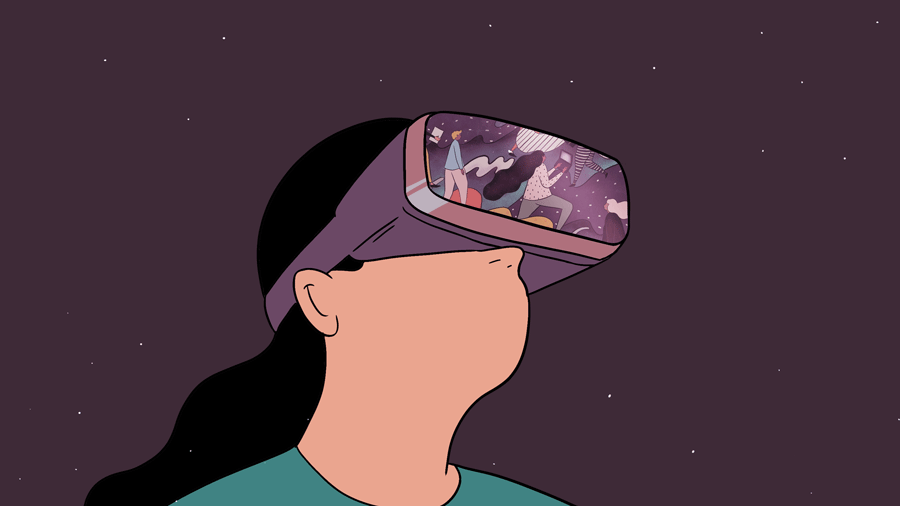Oftentimes, the topic of diversity and inclusion at conferences is approached in a way that is as vague as the category itself: blanket phrases, pledges to be better, and overuse of the buzzword “systemic.” But earlier this week, a diversity panel hosted by From Day One, in my opinion, broke from the norm. Executives’ ideas about improving diversity in their own workforces were, for once, concrete.
Subscribe to the Crunchbase Daily
Phyllis James, the EVP and Chief Diversity & Corporate Responsibility Officer at MGM, told panel attendees that a company’s diversity and inclusion team “is there to be a catalyst for integrating diversity and inclusion into the core fabric of your culture and business operation.” According to James, that doesn’t just mean doing a few programs on unconscious training and calling it good. Working on diversity and inclusion has to be treated as a “business imperative and a strategy.” And it’s likely easier to do so from the start of your company.
Case in point: Molly Ford, senior director of global equality from Salesforce, admitted that “there’s not a yay its equal pay day thing happening at Salesforce.” But while Salesforce works on building more diversity initiatives into its culture, Ford encouraged founders to build diversity into their startups today so they can reap the benefits tomorrow.
To prove that, Tyler Muse of Lingo Live, which has about 100 employees, said that the fourth and fifth engineers they ever hired were people that their product itself targets: engineers that know English, but are not comfortable enough with the language to speak up. This, he said, made sense from a business perspective—you’re working with the people you cater to.
Michele Nyrop, the senior vice president of human resources at Banana Republic and Gap Inc., said that while their leadership team is nearly evenly split between men and women, the people making products for their customers are not. Banana Republic moved their creative department from New York to San Francisco to “rebuild” a 200-person team. Nyrop explained that, with a fresh start, they can make their new office a place where they start a “cycle of something different,” allowing the clothing brand to hire people who will make the Banana Republic product line more diverse.
And while these initiatives are welcome, panel members were also open about which tactics they believe don’t work. For instance, representatives at Reflektive and Lingo Live think that creating women organizations within their companies was not helpful in building a diverse workplace.
“We felt like we created even more of a divide between men and women,” said Rachel Ernst, the vice president of employee success at Reflektive. “And it fell flat.”
Whether or not the women at those companies agree isn’t clear, but at least active conversations about diversity have caused some leaders to think critically about their initiatives.
Disclosure: Salesforce Ventures, the venture capital arm of Salesforce, is an investor in Crunchbase.

Stay up to date with recent funding rounds, acquisitions, and more with the Crunchbase Daily.



![Illustration of a suitcase stuffed with money. Megafunds [Dom Guzman]](https://news.crunchbase.com/wp-content/uploads/Megafunds-470x352.jpg)
![Illustration of a man sitting on a huge pile o' money. [Dom Guzman]](https://news.crunchbase.com/wp-content/uploads/Giant_Funding-470x352.jpg)
![Illustration of agentive AI brain - Europe - Quarterly. [Dom Guzman]](https://news.crunchbase.com/wp-content/uploads/Agentive_AI_europe-470x352.jpg)
![Illustration of a guy watering plants with a blocked hose - Global [Dom Guzman]](https://news.crunchbase.com/wp-content/uploads/quarterly-global-3-300x168.jpg)
67.1K Followers